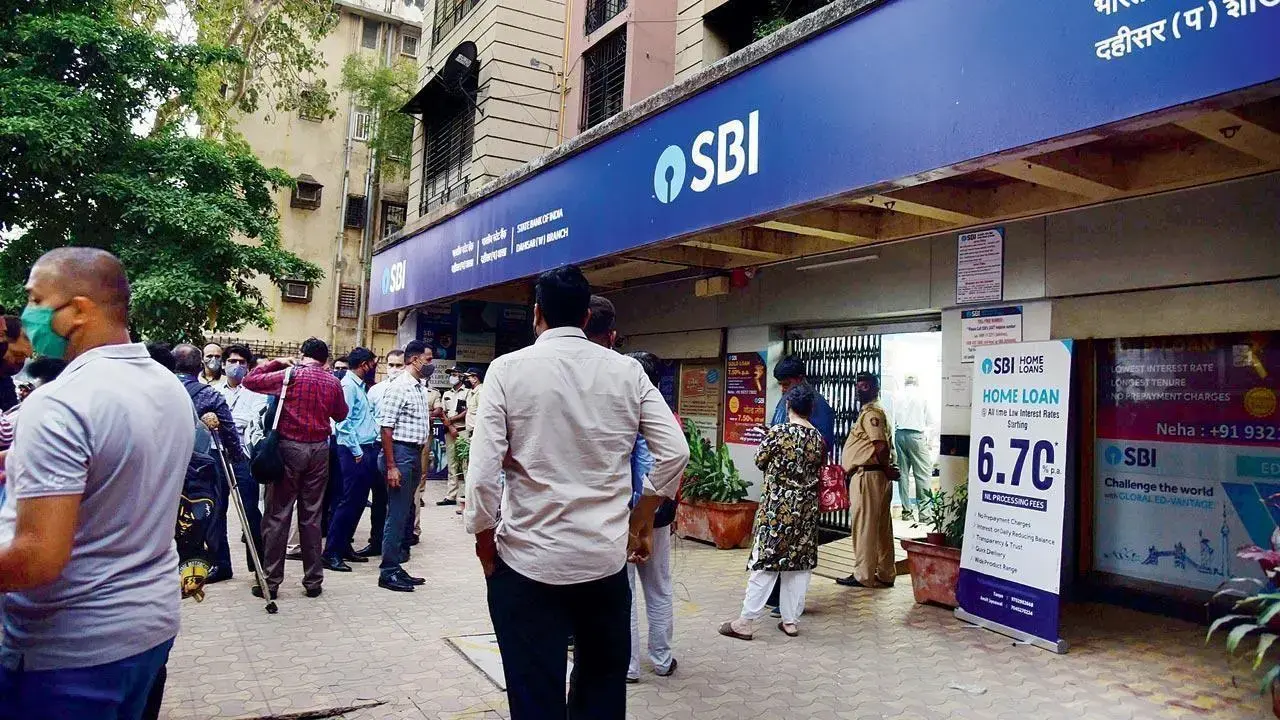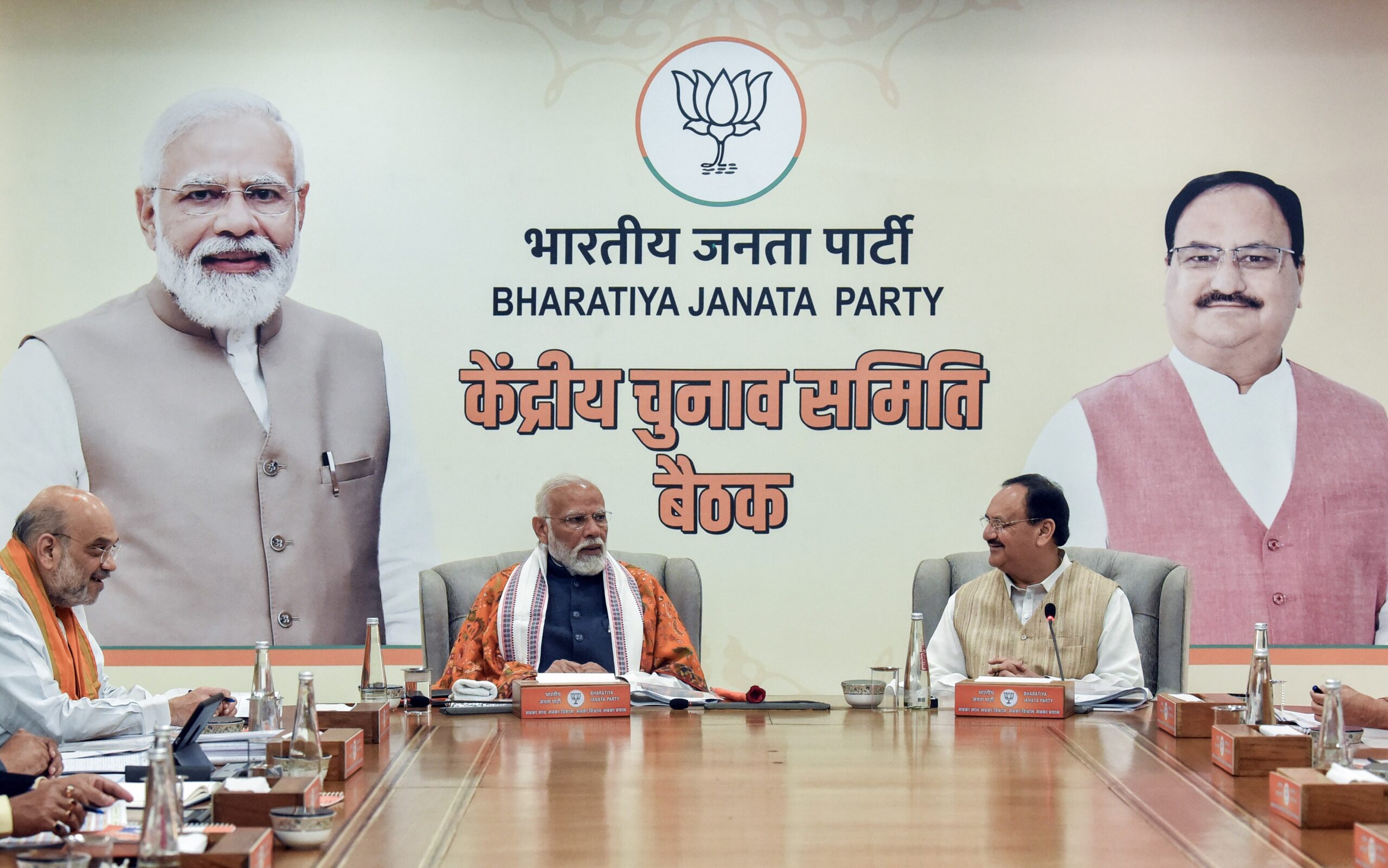In a significant development concerning electoral transparency in India, the State Bank of India (SBI) has filed a compliance affidavit in the electoral bonds case, adhering to directives laid down by the Supreme Court. The submission of this affidavit comes on the heels of SBI furnishing comprehensive details of electoral bonds to the Election Commission, as mandated by the apex court.
The compliance affidavit, a pivotal document in the ongoing legal scrutiny of electoral funding mechanisms, provides intricate insights into the purchase and redemption of electoral bonds up to February 15, 2024. Complying with the Supreme Court’s orders, SBI has meticulously disclosed essential details, including the date of purchase of each electoral bond, the name of the purchaser, and the denomination of the bond.
Furthermore, the affidavit delineates the encashment of electoral bonds, elucidating the names of political parties receiving contributions and the denomination of the bonds redeemed. This exhaustive data encapsulates electoral bonds transacted between April 12, 2019, and February 15, 2024, offering a comprehensive overview of the financial transactions under scrutiny.
According to the disclosed data, a total of 3,346 electoral bonds were purchased between April 1, 2019, and April 11 of the same year, with subsequent redemption of 1,609 bonds. From April 12, 2019, to February 15, 2024, a total of 18,871 electoral bonds were purchased, while 20,421 bonds were redeemed, underscoring the magnitude of financial transactions under scrutiny.
The Supreme Court’s stringent directives, aimed at bolstering electoral transparency, have prompted SBI to expedite the disclosure process, despite initial resistance and requests for deadline extensions. The apex court, in its ruling on March 11, dismissed SBI’s plea for an extension until June 30, 2024, to disclose details of electoral bonds encashed by political parties, citing the paramount importance of transparency in electoral funding.
A five-judge bench, presided over by Chief Justice of India DY Chandrachud, reiterated the court’s stance on transparency, emphasizing the need for a “plain disclosure” by SBI. The court further directed the Election Commission to publish the information shared by SBI by March 15, underscoring the urgency of public access to electoral funding data.
While SBI has cited practical difficulties in decoding electoral bonds due to decentralized data maintenance across multiple silos, the court has expressed dissatisfaction with the pace of progress. The court’s unequivocal stance on transparency and compliance underscores the gravity of electoral transparency issues and the imperative for expedited disclosures.
In response to the court’s directives, petitioner organizations, including the Association for Democratic Reforms (ADR) and the Communist Party of India (Marxist) (CPI (M)), have filed contempt petitions against SBI for purported non-compliance with court orders.
The submission of electoral bond details by SBI marks a significant milestone in India’s quest for electoral transparency, underscoring the pivotal role of financial disclosures in upholding democratic values and principles. As legal proceedings unfold, the nation awaits further developments in this crucial area of electoral governance.
Also Read: Prime Minister Modi Lays Foundation for ₹1.25 Lakh Crore Semiconductor Plants in Gujarat and Assam




One thought on “SBI Submits Electoral Bond Details to Election Commission Amid Supreme Court Deadline”